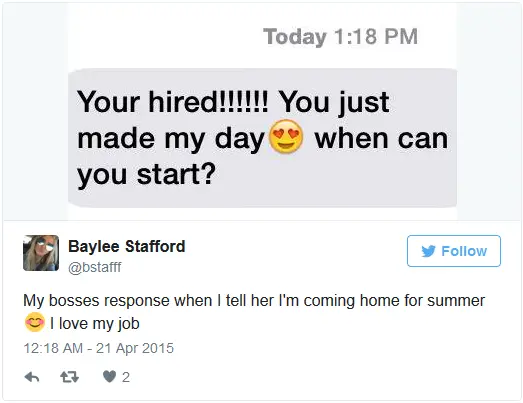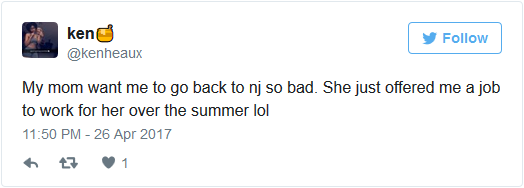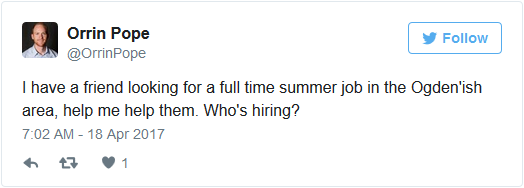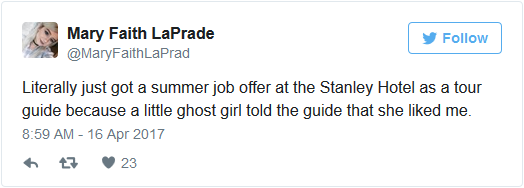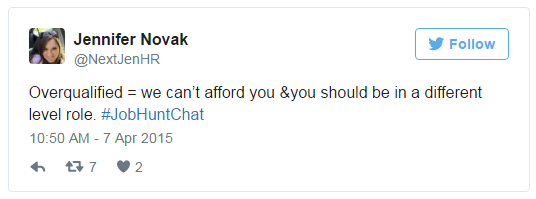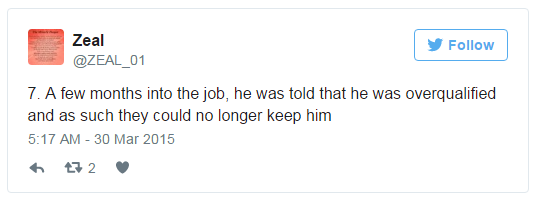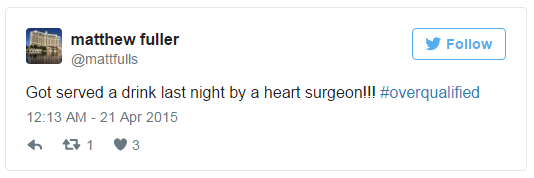Summer job search for people who don't want to.
Nobody wants to spend a lot of time looking for a summer job, or any job for that matter.
These are the first steps a summer work seeker should try for fastest results, and I used most of them to find my 10 wacky (& not so wacky) summer jobs.
Note: There is a poll embedded within this post, please visit the site to participate in this post's poll.Free: Download The 50+ Mostly Unusual Places to Find Summer Jobs, a handy checklist to keep track of where you applied for summer jobs.
9 ideas to find student summer job opportunities fast
Starting with the most effective:
1) Ask for your old summer job back
Time needed: the time to make a phone call to your former boss
Why it works: a big part of job search is selling yourself. Avoid having to do that again by going to someone who already knows what you can do (well) for them.
Why it works (2): even if they can't have you back, if your former boss likes you, they're more likely to recommend you to another employer who is looking to hire
2) Work for someone you know
Time needed: the time to reach out to them
Why it works: same as above, with the additional benefit that a family member or friend is more likely to want to help you out
3) Ask family and friends if they can refer you internally at their jobs

Time needed: the time to send a mass email, text, Whatsapp message or other social media post
Why it works: a friend who already has a summer job lined up is usually going to want more friends around, and can easily ask their boss for you
Friends with summer jobs refer friends for summer jobsClick To Tweet4) Ask family and friends if they know of any openings
Time needed: the time to send a mass email, text, Whatsapp message or other social media post
Why it works: crowdsource summer job leads from the people who like you most and will most want to help you
5) Get family and friends to mention you're available
Time needed: the time to post a status update on Facebook about when you can start working, and then to ask everyone to share it
Why it works: your family and friends just need to click once to immediately share your availability, no writing needed since you already wrote the update yourself
6) Scout out your nearest shopping area
Time needed: the time to take a walk
Why it works: it only takes a few hours to check out all the local storefronts for want ads hiring college students now or soon, or even to just ask for a job at the places you actually want to work
7) Contact local businesses that tend to boom in the summer
Time needed: 30-60 minutes to find relevant employers, and then the time to contact them
Why it works: many businesses have seasonal hiring needs, often without any experience necessary, and if you act early enough, your sincerity and good manners alone can get you a job. This is true for high school students too.
To get you started, here's a long list of businesses that boom in the summer.
8) Search for the freshest summer job tweets
Turn location on to get local results, and then try searching for:
- we're hiring summer positions
- summer job
- summer job near [where you live]
- summer intern
- summer work for us
- #summer #job
Play around with different variations of these keyword phrases too.
You can also check Twitter accounts that post summer jobs.
Time needed: 1 hour could easily be enough to find and contact a few companies about openings
Why it works: more and more businesses quickly tweet their want ads, and if your timing is good, you could be first in line
9) Google for local jobs
Similar to using Twitter, but you need to take an extra step to find the recent posts.
Try these search queries:
- “now hiring [where you live]”
- “summer job [place]”
- “summer intern [place]”
- combine them: “summer hiring [place]”
Then, under Search Tools, choose ‘Past week' or ‘Past month' to only get the most recently posted jobs.
Time needed: likewise, 1 hour could easily be enough to find and contact a few companies about openings
Why it works: although you'll be competing with many other summer job seekers using Google, by focusing on the newest local job postings only, you give yourself the best chance of getting your foot in the door before anyone else
Good luck!
READ NEXT: At The Last Minute: Where To Find Summer Jobs on Twitter
Free download
Download a checklist of The 50+ Mostly Unusual Places to Find Summer Jobs to keep track of where you applied while getting ideas for new places to try.
Click the image below to get access to The 50+ Mostly Unusual Places to Find Summer Jobs:
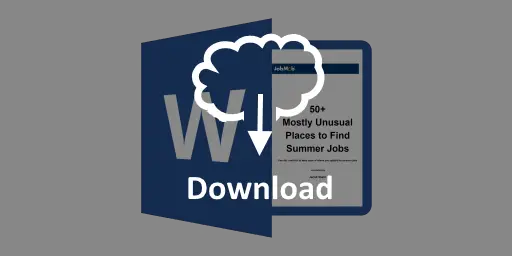
JobMob Insiders can get this free bonus and other exclusive content in the JobMob Insider Bonuses area. Join now, it's free!
Subscribe to JobMob via email and follow me on Twitter for more sunny tips for your job search.
via JobMob More Information Here..


